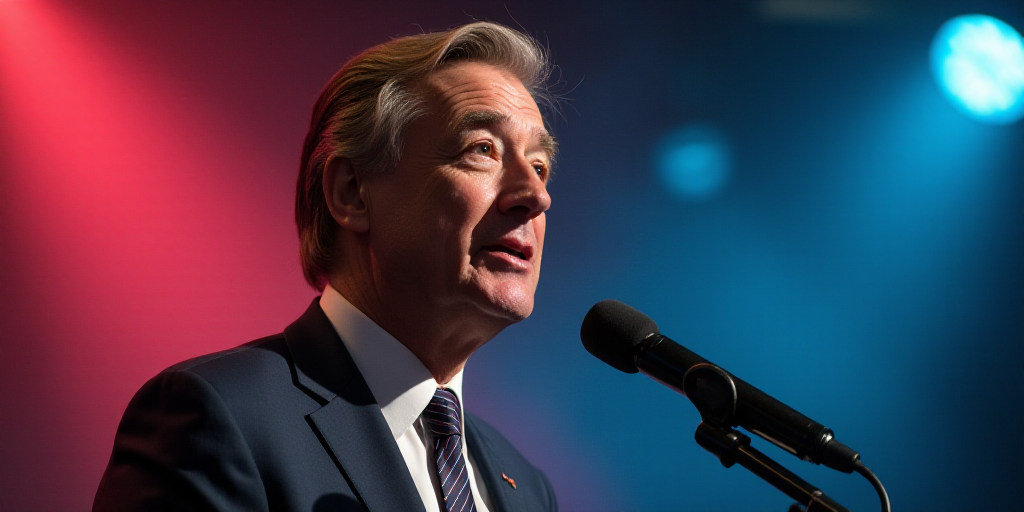Background on Donald Trump and His Trade Policies
Donald Trump, the 45th President of the United States, served from January 2017 to January 2021. Known for his “America First” policy, Trump implemented several trade policies aimed at renegotiating existing agreements and imposing tariffs on various countries. One such policy involved the introduction of reciprocal tariffs and tariffs linked to fentanyl, targeting countries deemed insufficiently cooperative in combating drug trafficking.
Reciprocal Tariffs and Fentanyl Tariffs
In an attempt to pressure countries into better cooperation against drug trafficking, Trump imposed reciprocal tariffs on 185 countries and territories worldwide, ranging from 10% to 50%. Additionally, he authorized a 25% tariff on imports from Mexico and Canada and a 20% tariff on China for not cooperating sufficiently in curbing drug trafficking, particularly the synthetic opioid fentanyl.
The Unanimous Ruling of the US International Trade Court
A unanimous decision by a three-judge panel of the US International Trade Commission (ITC) struck down these tariffs, stating that Trump had overstepped his legal authority.
Trump’s Response and the Impact
Following the ruling, Trump promptly filed a notice of appeal. This decision by the ITC represents a significant setback for his trade policies, potentially affecting US-China and US-Mexico relations. The tariffs targeted various imported products, with some exceptions.
Key Questions and Answers
- What are reciprocal tariffs? Reciprocal tariffs are trade policies where a country imposes the same import taxes on goods it imports from another country as that country imposes on its exports. In this case, Trump imposed reciprocal tariffs on 185 countries and territories.
- Why were tariffs linked to fentanyl imposed? These tariffs were intended to pressure countries, particularly Mexico, Canada, and China, into more effective cooperation in combating drug trafficking, specifically the synthetic opioid fentanyl.
- What is the US International Trade Commission (ITC)? The ITC is an independent, quasi-judicial federal agency responsible for investigating matters under various trade laws and issuing remedies, including exclusion orders and cease-and-desist orders.
- What does the ITC ruling mean for Trump’s trade policies? The unanimous decision by the ITC to nullify these tariffs represents a significant setback for Trump’s trade policies, potentially impacting US relations with China, Mexico, and Canada.
Contextualizing the Impact
The ITC’s ruling not only challenges Trump’s trade policies but also raises questions about the balance of power between the executive branch and independent agencies. This decision may encourage other countries to reassess their trade policies with the United States, considering the potential for tariff imposition based on non-tariff issues like drug trafficking.
Furthermore, the ruling highlights the complexities of international trade negotiations and the delicate balance required to address issues like drug trafficking without resorting to punitive tariffs that could harm global trade relationships.






